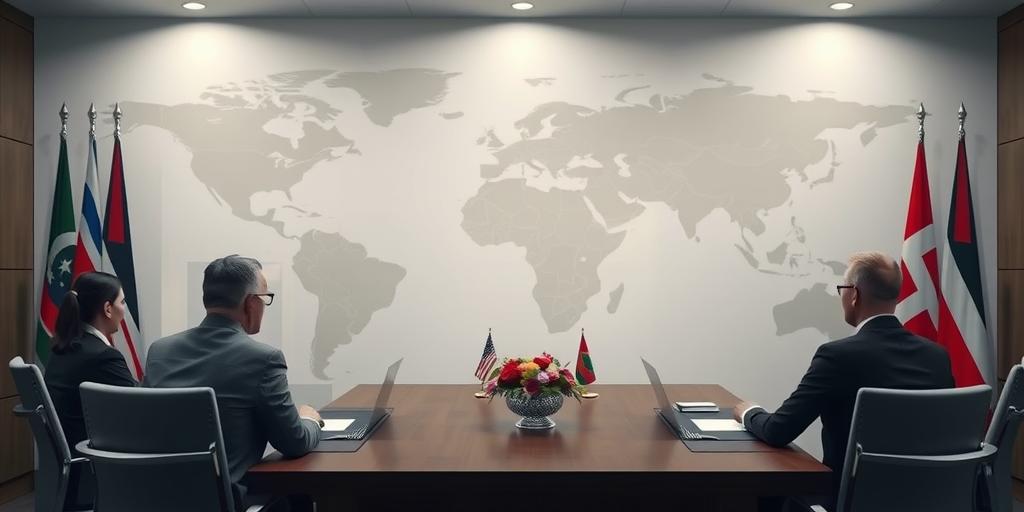Diplomatic efforts play a crucial role in addressing humanitarian crises around the world. These crises, often stemming from conflicts, natural disasters, or political instability, result in widespread suffering, displacement, and loss of life. Diplomatic interventions aim to mitigate the impact of these crises by facilitating humanitarian access, negotiating ceasefires, and mobilizing international support.
Key Diplomatic Strategies
- Negotiation and Mediation: Diplomats engage in negotiations with parties involved in conflicts to secure humanitarian access and protect civilians. Mediation efforts can lead to ceasefires or peace agreements, creating a more stable environment for humanitarian operations.
- International Cooperation: Humanitarian crises often require a coordinated international response. Diplomats work to mobilize resources and support from donor countries, international organizations, and NGOs. This cooperation ensures that aid reaches those who need it most efficiently.
- Advocacy and Awareness: Diplomatic missions advocate for the rights of affected populations and raise awareness about the severity of humanitarian situations. By highlighting the plight of vulnerable groups, diplomats can galvanize public support and encourage action from governments and international bodies.
- Monitoring and Reporting: Diplomats monitor the human rights situation in crisis-affected areas and report on violations of international law. This information is crucial for holding perpetrators accountable and informing policy decisions.
Challenges and Limitations
Despite their importance, diplomatic efforts face numerous challenges. Political complexities, security concerns, and logistical constraints can hinder humanitarian access and limit the effectiveness of diplomatic interventions. Additionally, the principle of national sovereignty can sometimes impede international efforts to protect civilians.
Examples of Diplomatic Successes
- Syria: Diplomatic negotiations led to the establishment of humanitarian corridors, allowing aid to reach besieged communities.
- Ukraine: Ongoing diplomatic efforts aim to de-escalate the conflict and ensure the protection of civilians, including negotiating prisoner exchanges and advocating for humanitarian pauses.
- Yemen: Diplomatic mediation has resulted in temporary ceasefires, providing opportunities for humanitarian organizations to deliver assistance and address critical needs.
Conclusion
Diplomatic efforts are essential for addressing humanitarian crises and alleviating human suffering. By employing strategies such as negotiation, international cooperation, advocacy, and monitoring, diplomats can play a vital role in protecting civilians, facilitating humanitarian access, and promoting peaceful resolutions to conflicts. While challenges remain, diplomatic engagement remains a critical tool for responding to the world's most pressing humanitarian needs.









